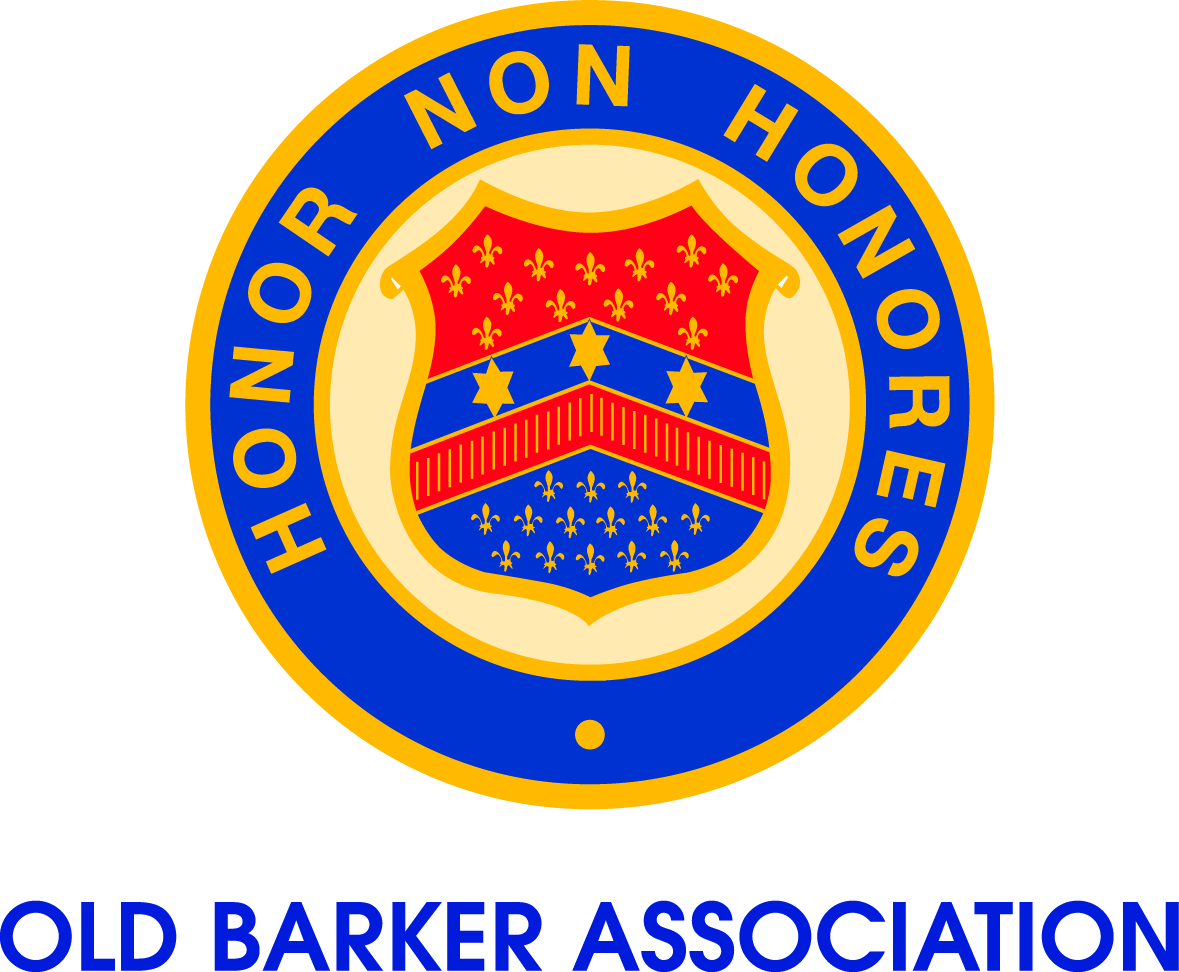
|
Know Your School – Barker and the Great War of 1914-1918
Friday, 24 April 2015
|
|
This week, with the centenary of Gallipoli approaching, we reflect on Barker’s contribution to World War One. Between 1890 and 1918 approximately 550 boys had been educated at Barker College. Of these old boys, more than 230 volunteered to serve in World War One. Three staff members also enlisted. For Headmaster Carter, a strong supporter of God, King and country, nothing made him prouder than to see so many of his past students enlist with the armed forces. In 1916, Carter stated “Even in this topsy-turvy world, it is sometimes hard to realise that the happy, light hearted, irresponsible schoolboys of not so long ago are now safeguarding our liberties; that those who then seemed to us just ordinary schoolboys, are now playing the part of heroes, and winning fame, not only for themselves and for the land from which they have gone, but are also causing the name of their old School to shine with a brighter lustre, because of each and every one of her old scholars, who, putting on oneside all personal consideration and ambitions, have heeded the greatest of all cries, ‘For God! For King! For Fatherland!’”. Over 190 old boys enlisted with the Australian Imperial Force, but there were also those that served with the British military, the French Army and the New Zealand forces. Many were brothers, cousins and good friends who enlisted on the same day and served together on the same battlefields. Barker’s response to the War was not only in the sending of troops, but also in the collection of funds. Weekly collections were taken during the War, with donations being made to the Belgian Find, Citizens’ Fund, Belgian Day Fund, War Chest and the 5th Field Artillery Comforts Fund. Certificates rather than prizes were handed out at Speech Days, with the money that was usually spent on prizes being directed towards the War effort. War also became the focus of leisure time. During 1916, Barker students were given presentations on the War by knowledgeable and prominent individuals. Furthermore, Carter would spend half an hour a day reading and discussing war news with Barker students. “Attendance at these meetings is purely voluntary, but the large number of those who avail themselves of this opportunity of obtaining a clear knowledge of this mighty conflict is evidence of keen appreciation on the part of the boys, and must be gratifying to the Chief.” In June 1916, the Barker College Roll of Honour was unveiled in a ceremony that is recorded as been impressive and uplifting, with some sad and solemn moments. The 153 old boys whose names were listed were praised for their gallantry and bravery in upholding the cause of King and Country. Placed on the wall of the Dining Hall, more names were added to the Roll as news of old boys serving on the front continued to reach the School. Unfortunately, the Roll of Honour was destroyed in the Dining Hall fire of 1935. By the end of the War in November 1918, 23 Barker old boys paid the ultimate sacrifice and died on the battlefields of Gallipoli, Egypt, Iraq, Belgium and France. The School continues to remember these men, and those that served alongside them, through the War Memorial Pylons and the War Memorial Chapel. Lest We Forget. Caption: The Barker College Roll of Honour that once took pride of place in the School's Dining Hall. |